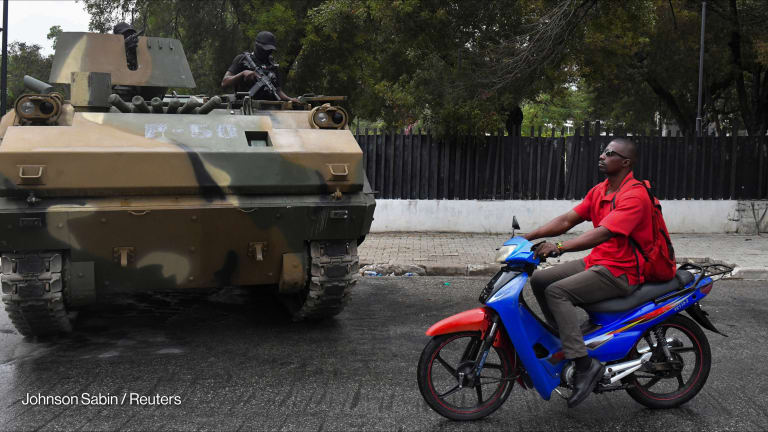
The U.S. Agency for International Development has found inconsistencies in a report it commissioned to determine the impact of ongoing rubble removal programs in Haiti and which looked into the number of people who moved into temporary camps in Port-au-Prince.
The report, prepared by the U.S.-based consulting firm LTL Strategies, sparked a controversy after concluding that the death toll from the massive earthquake in Haiti in January 2010 was lower than estimated by Haitian officials. The report also identified figures on the number of displaced people that conflict with statistics from the International Organization for Migration.
But USAID said last week it would not be releasing the report until some inconsistencies in it were addressed.
“The first draft of the report contained internal inconsistencies with its own findings,” The Associated Press quotes Preeti Shah, a USAID spokesperson. “We are reviewing these inconsistencies … to ensure information we release is accurate.”
Mark Feierstein, USAID’s assistant administrator for Latin America and the Caribbean, said June 3 that the report had “serious flaws,” including its authors’ use of a sampling technique that was not representative. The report focused on Port-au-Prince and failed to take into account data from Haiti’s countryside, Feierstein told AP.
Haitian officials, meantime, say they haven’t seen the report and cannot comment on it. The Associated Press notes that the officials are standing by figures, which most donors have used to justify their multibillion-dollar contribution to Haiti’s reconstruction.
Read more about U.S. development aid.








